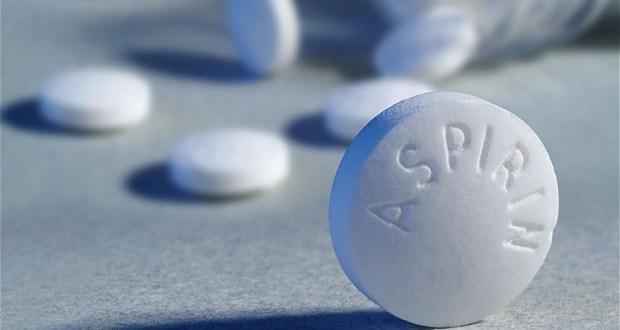Are You Aspirin Resistant? Taking low-dose aspirin regularly seems to be an easy way to prevent dangerous clots, but some people experience heart attacks and strokes even though they take daily aspirin therapy. This is because they are believed to be “aspirin resistant.”
Aspirin Resistant Patients
Aspirin resistance is the inability of aspirin to reduce platelet production of thromboxane A2 and thereby platelet activation and aggregation. Increasing degree of aspirin resistance may correlate independently with increasing risk of cardiovascular events.
Doctors will often prescribe low-doses of aspirin to patients who are at a high risk of stroke because the drug helps prevent blood clots. The problem occurs when the patients who are prescribed aspirin are resistant to it’s effects.
It’s believed that about 25 percent of the population is resistant to the blood-thinning effects of aspirin.
There are several explanations given for aspirin resistance, including the possibility that some people have too much plaque in their coronary arteries, or that their blood platelets may be turning over too quickly.
Another explanation is that people are not taking aspirin regularly, even though they say they do.
Any any case, patients who are prescribed an aspirin regiment should consult with their physician to test if they are resistant. A doctor may prescribe alternative anti-clotting drugs to help prevent another stroke or decrease stroke severity.
Choose Uncoated Aspirin For Best Results
A study was performed a few years ago by researchers at the University of Pennsylvania, in which 400 healthy volunteers were recruited to test the concept of aspirin resistance.
The researchers found evidence of resistance in nearly half of the participants who were given coated aspirin, but the problem disappeared when they repeated the test with an uncoated type.
Because there is no evidence that coated aspirin is more tolerable on the stomach than regular aspirin, people taking aspirin for its anti-clotting properties should choose the uncoated variety.

